When Your Young Learner is Struggling (part one)
Concerned about your student’s progress at school?? As a former school psychologist, here my “insider” tips…

Today’s post is all about managing your resources and allies, and not so much about the specific process. More on problem solving and the process to come! This is the first of three parts, so stay tuned for follow up posts.
It seems obvious, but a working alliance is crucial when your young learner is struggling.
My number one tip is to get on board with the school. A relationship with the teacher, teacher’s assistant, and administration will be paramount to your student’s success. You may be at the beginning of the problem-solving process, e.g. I want to inquire as to why my child seems to be reading slower than his peers. Or you may be farther down the road, Sally hit another kid– time for our 10th meeting this month! No matter where you are in the process, it will be essential to work with the school to get key information. They see your child every day and, whether they realize it or not, will have observed what is and is not working for your child. Everyone is there in the best interest of the child (or so we hope), so it’s important to build an alliance conducive to cooperation. You also never know who your greatest ally may be… which leads to my next tip.
You never know who your greatest ally might be.
Perhaps you know the teacher and principal and have a good relationship with them… but do you know the school psychologist or learning specialist? The reading specialist? School counselor? Social worker?
Also, are these individuals at your parent-teacher meetings? Because they probably should be!
If your child is struggling, you may wish to consider inquiring about whether the school has these specialists on staff. Sadly, learning specialists often have a PR problem — I certainly did, and parents often do not know we exist. To be fair, a lot of the learning support team’s visibility is related to how school administration views learning differences and behavior problems. I know some school psychologist who are at their principal’s sides and know everything happening in schools. I know others who are relegated by administrators to closets. Yes, closets!
Notably, I advise seeking out the learning specialist even if your child presents with a completely non-learning problem. School counselors, special educators, and school psychologists all have training in behavior, social, and emotional difficulties. Some have more training than others, but they are trained to problem solve and often have nuanced and sympathetic views when kids are struggling (yes, we are softies).
Once you determine what resources are available, it’s time to…
Reach out. Build rapport.
How do you approach the learning specialist, counselor, etc.? Don’t be shy! I recommend calling them, or stopping by, to set up a time, i.e. appointment, to “drop by” to “pick their brain.” Depending on the severity of the issues, the individual may or may not already be involved and know about the situation. They may invite you to meet on the spot, or ask you to return at a mutually agreeable time. It’s a good idea to be prepared to give your impression of what’s happening. With regard to explaining the situation, you can let them know you would love their opinion and to attend the next meeting, or help you schedule such a meeting.
If you are lucky, you will connect with someone who is savvy enough to understand the politics and how to effectively pursue the best interest of your child. For example, there were times I spoke with the child or teacher at the behest of the parent, but not mentioning the parent had ever sparked my concern. Believe it or not, I think I got away with it! There were other times when I could conveniently arrange a meeting with the principal because I heard “through the grapevine” about whatever problem.
This is a short post, but the take away is that relationship building is critical to a team approach. Cooperation is the cornerstone to success!













